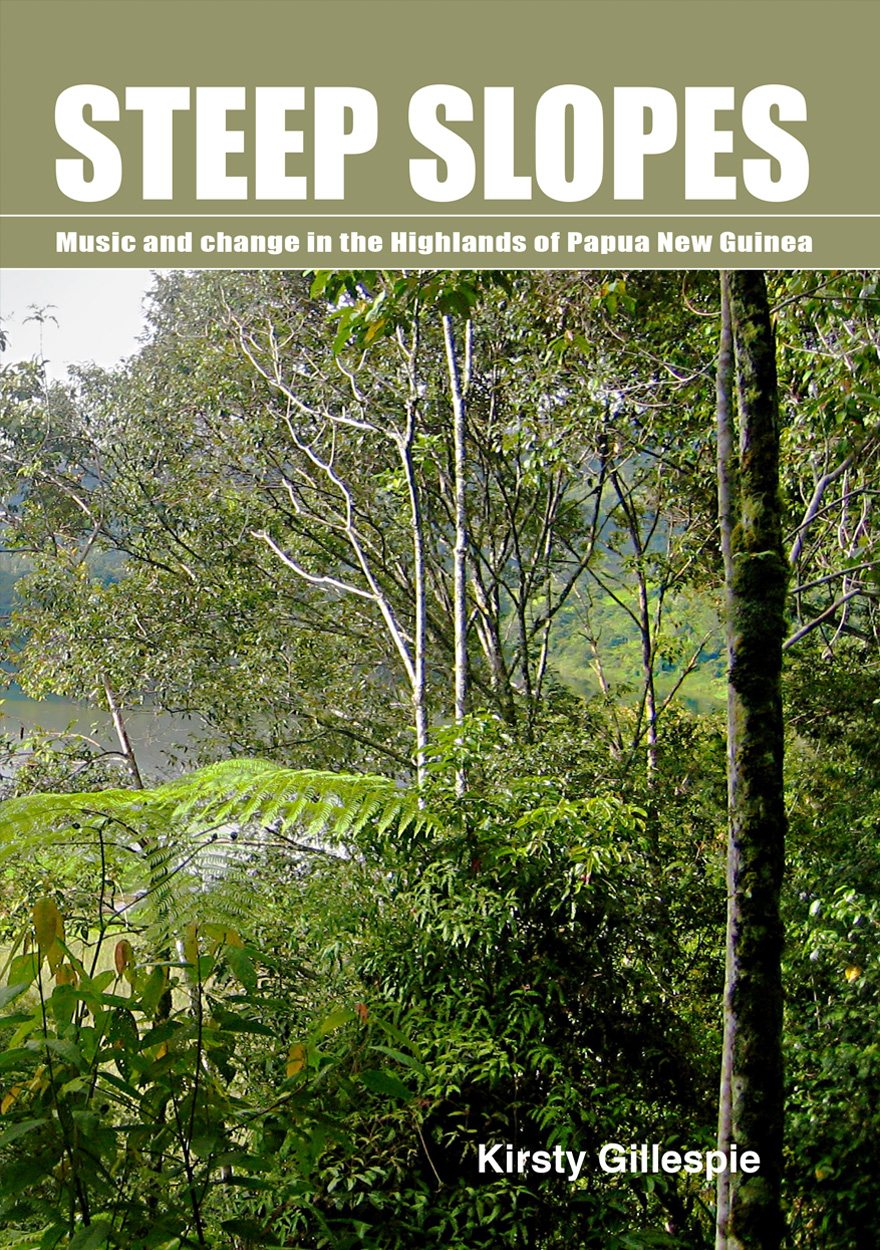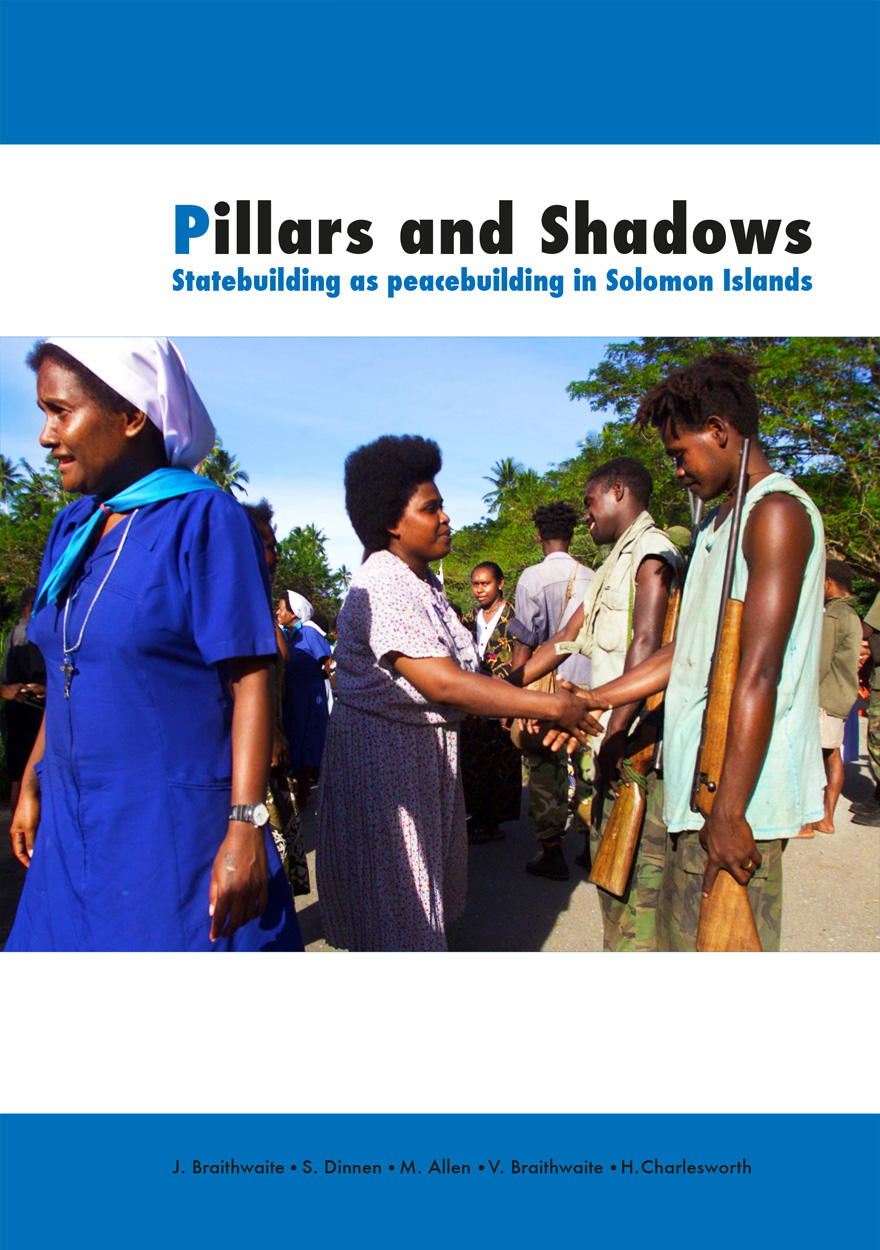Search titles
Displaying results 261 to 270 of 370.

The Rudd Government »
Australian Commonwealth Administration 2007–2010
Edited by: Chris Aulich, Mark Evans
Publication date: December 2010
This edited collection examines Commonwealth administration under the leadership Prime Minister Kevin Rudd from 2007-2010. This was a remarkable period in Australian history: Rudd’s government was elected in 2007 with an ambitious program for change. However, as the chapters in this book demonstrate, these ambitions were thwarted by a range of factors, not the least being Rudd’s failure to press ahead when he confronted ‘road blocks’ such the ETS or managing his massive agenda which constantly elevated issues to ‘first order priority’. Although he started his term with stratospheric approval ratings, only two years later his support had collapsed and on 24 July 2010 he became the first sitting Prime Minister to be removed by his own Party before the expiry of his first term.
In this book, expert contributors consider the Rudd Government’s policy, institutional and political legacy. The 14 chapters are organized into four sections, outlining the issues and agendas that guided Rudd’s government, changes to the institutions of state such as the public service and parliament, followed by discussions of key issues and policies that marked Rudd’s term in office. The final section examines Rudd’s leadership and reflects on the personal foibles and political factors that brought his Prime Ministership undone. The Rudd Government has been produced by the ANZSOG Institute for Governance at the University of Canberra. It is the tenth in a series of books on successive Commonwealth administrations. Each volume has provided a chronicle and commentary of major events, policies and issues that have dominated successive administrations since 1983. As with previous volumes in the series, contributors have been drawn from a range of universities and other organisations.

Steep Slopes »
Music and change in the Highlands of Papua New Guinea
Authored by: Kirsty Gillespie
Publication date: December 2010
The Duna live in a physical environment of steep slopes that are sometimes difficult to traverse. A stick of bamboo used as a prop goes a long way in assisting a struggling traveller. Similarly, the Duna live in a social and cultural environment of steep slopes, where the path on which they walk can be precarious and unpredictable. Songs, like the stick of bamboo, assist the Duna in picking their way over this terrain by providing a forum for them to process change as it is experienced, in relation to what is already known.
This book is a musical ethnography of the Duna people of Papua New Guinea. A people who have experienced extraordinary social change in recent history, their musical traditions have also radically changed during this time. New forms of music have been introduced, while ancestral traditions have been altered or even abandoned. This study shows how, through musical creativity, Duna people maintain a connection with their past, and their identity, whilst simultaneously embracing the challenges of the present.

Pillars and Shadows »
Statebuilding as peacebuilding in Solomon Islands
Authored by: John Braithwaite, Sinclair Dinnen, Matthew Allen, Valerie Braithwaite, Hilary Charlesworth
Publication date: November 2010
This volume of the Peacebuilding Compared Project examines the sources of the armed conflict and coup in the Solomon Islands before and after the turn of the millennium. The Regional Assistance Mission to Solomon Islands (RAMSI) has been an intensive peacekeeping operation, concentrating on building ‘core pillars’ of the modern state. It did not take adequate notice of a variety of shadow sources of power in the Solomon Islands, for example logging and business interests, that continue to undermine the state’s democratic foundations. At first RAMSI’s statebuilding was neither very responsive to local voices nor to root causes of the conflict, but it slowly changed tack to a more responsive form of peacebuilding. The craft of peace as learned in the Solomon Islands is about enabling spaces for dialogue that define where the mission should pull back to allow local actors to expand the horizons of their peacebuilding ambition.

An Uneasy Relationship »
Norfolk Island and the Commonwealth of Australia
Authored by: Maev O’Collins
Publication date: November 2010
The situation of Norfolk Island, as a territory of the Commonwealth of Australia, is one of the historical anomalies in governance, which has persisted since 1914. It reflects the direct historical linkages between the British Crown and those Norfolk Islanders who were descendants of Pitcairn Islanders of Mutiny on the Bounty fame. Yet, once Federation was in the wind, the British Government, against the expressed wishes of the Norfolk Island community, sought to divest itself of all responsibility for Norfolk Island.
There is a curiously ‘Yes Minister’ quality about the negotiations which lead to the final take-over by Australia, and the appointment of the first Commonwealth Administrator of Norfolk Island. The direct involvement of Atlee Hunt, then Secretary of the Department of External Affairs, eventually ensured the appointment of Michael Vincent Murphy. In order to achieve this end, Hunt had to fend off other applicants who were busy ingratiating themselves with the Minister for External Affairs Patrick McMahon Glynn and the then Prime Minister Joseph Cook. This is essentially a study of the relationships between governors, politicians, public servants and community leaders during the years which followed the take-over of Norfolk Island, and of the struggle of one Norfolk Islander, Charles Chase Ray Nobbs, against Australian administrative authority.

In the Eye of the Storm »
Jai Ram Reddy and the Politics of Postcolonial Fiji
Authored by: Brij V. Lal
Publication date: November 2010
To read this evocative book is to be thrust into a Fiji that has, for the moment, been snuffed out by military might: a Fiji of political parties, parliamentary politics, elections, manifestoes, campaigns, democractic defence of interests, party manoeuvres, and constitutional protection of rights and freedoms. It is a comprehensive and eloquent re-telling of the story of Fiji politics from independence in 1970 to 1999 through the perspective of Fiji’s greatest living statesman, Jai Ram Reddy, by one of the world’s most distinguished scholars of its history and politics.

Facing Asia »
A History of the Colombo Plan
Authored by: Daniel Oakman
Publication date: October 2010
‘No nation can escape its geography’, warned Percy Spender, Australia’s Minister for External Affairs, in 1950. With the immediate turmoil of World War II over, communism and decolonisation had ended any possibility that Asia could continue to be ignored by Australia. In the early 1950s, Australia embarked on its most ambitious attempt to engage with Asia: the Colombo Plan. This book examines the public and private agendas behind Australia’s foreign aid diplomacy and reveals the strategic, political and cultural aims that drove the Colombo Plan. It examines the legacy of WWII, how foreign aid was seen as crucial to achieving regional security, how the plan was sold to Australian and Asian audiences, and the changing nature of Australia’s relationship with Britain and the United States. Above all this is the question of how Australia sought to project itself into the region, and how Asia was introduced into the Australian consciousness. In answering these questions, this book tells the story of how an insular society, deeply scarred by the turbulence of war, chose to face its regional future.

The Australian National University School of Art: A history of the first 65 years »
Authored by: Michael Agostino
Publication date: October 2010
The ANU School of Art has built an international reputation as a leader in visual arts, attracting staff and students from around Australia and the world. it has an active exhibition program; regular visits from distinguished national and international artists; overseas student exchange; open art access classes and co-operative arrangements with many other areas of ANU research and teaching. This volume presents the history of the ANU School of Art, from its humble beginnings as part of the Canberra Technical College in Kingston, to its evolution to stand on the world stage as part of one of Australia's top ranked universities playing an important role in the teaching of research of Australian visual arts, crafts and design.
Hard copies of this book are available through the ANU School of Art.
Download for free
Not available for purchase

Passionate Histories »
Myth, memory and Indigenous Australia
Publication date: September 2010
This book examines the emotional engagements of both Indigenous and Non-Indigenous people with Indigenous history. The contributors are a mix of Indigenous and Non-Indigenous scholars, who in different ways examine how the past lives on in the present, as myth, memory, and history. Each chapter throws fresh light on an aspect of history-making by or about Indigenous people, such as the extent of massacres on the frontier, the myth of Aboriginal male idleness, the controversy over Flynn of the Inland, the meaning of the Referendum of 1967, and the policy and practice of Indigenous child removal.
For more information on Aboriginal History Inc. please visit aboriginalhistory.org.au.

Sex Discrimination in Uncertain Times »
Edited by: Margaret Thornton
Publication date: September 2010
This collection of essays arose from a conference held to mark the silver anniversary of the Australian Sex Discrimination Act (1984). The collection has two aims: first; to honour the contributions of both the spirited individuals who valiantly fought for the enactment of the legislation against the odds, and those who championed the new law once it was passed; secondly, to present a stock-take of the Act within the changed socio-political environment of the 21st century.
The contributors present clear-eyed appraisals of the legislation, in addition to considering new forms of legal regulation, such as Equality Act, and the significance of a Human Rights Act. The introduction of a proactive model, which would impose positive duties on organisations, is explored as an alternative to the existing individual complaint-based model of legislation. The contributors also pay attention to the international human rights framework, particularly the Convention on the Elimination of all Forms of Discrimination against Women and the UN Declaration on the Rights of Indigenous People. The essays are illuminated by recourse to a rich vein of historical and contemporary literature. Regard is also paid to the comparative experience of other jurisdictions, particularly the UK and Canada.

Soeharto's New Order and Its Legacy »
Essays in honour of Harold Crouch
Edited by: Edward Aspinall, Greg Fealy
Publication date: August 2010
Indonesia’s President Soeharto led one of the most durable and effective authoritarian regimes of the second half of the twentieth century. Yet his rule ended in ignominy, and much of the turbulence and corruption of the subsequent years was blamed on his legacy. More than a decade after Soeharto’s resignation, Indonesia is a consolidating democracy and the time has come to reconsider the place of his regime in modern Indonesian history, and its lasting impact. This book begins this task by bringing together a collection of leading experts on Indonesia to examine Soeharto and his legacy from diverse perspectives. In presenting their analyses, these authors pay tribute to Harold Crouch, an Australian political scientist who remains one of the greatest chroniclers of the Soeharto regime and its aftermath.



